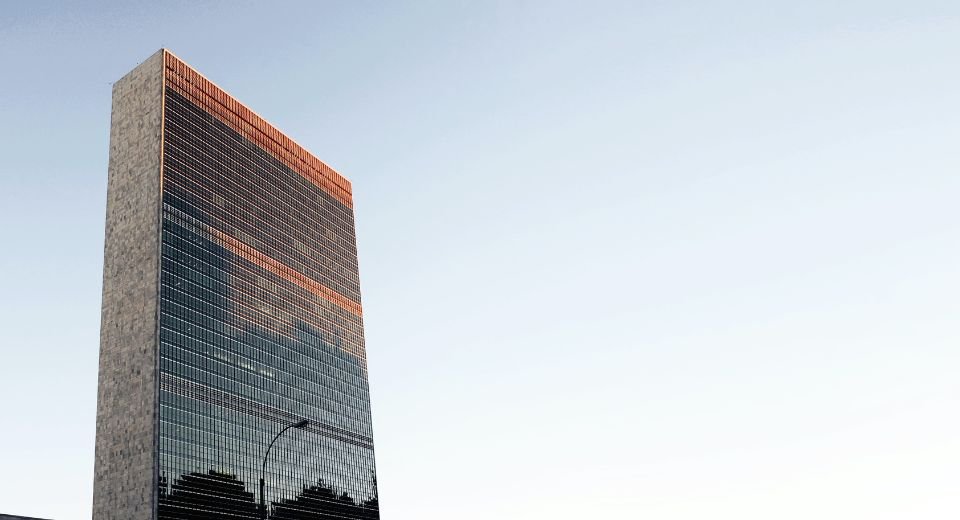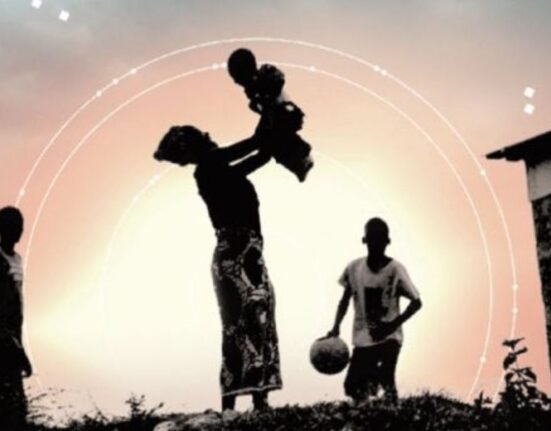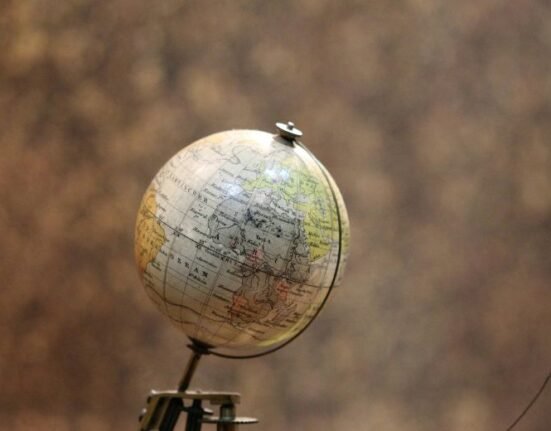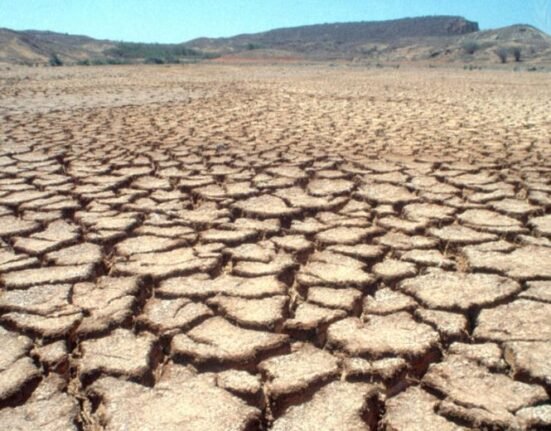HQ Team
February 7, 2023: Global politicians and decision-makers lack a long-term vision on climate action, financing debt of lower-income nations, cultural rights and rising nuclear threats, the Secretary-General of the UN said.
“We need a course correction,” the UN chief said action is possible. However, politicians and decision-makers lack the strategic vision to see beyond the short term.
“This preference for the present only focuses on the next poll, power move, or business cycle, making the future someone else’s problem,” a mindset he described as “deeply irresponsible, immoral and self-defeating.
“My message today comes down to this: Don’t focus solely on what may happen to you today – and dither. Look at what will happen to all of us tomorrow – and act,” the UN chief said.
He continued that the international community must act as “this is not a time for tinkering” but, rather, “a time for transformation,” António Guterres, during his address to the UN General Assembly on February 6.
Action should be grounded in the UN Charter, the Organization’s founding document, and the Universal Declaration of Human Rights, which turns 75 this year.
Doomsday Clock
The symbolic Doomsday Clock, which measures humanity’s proximity to midnight, or self-destruction, was just 90 seconds away from that hour.
He said that the Russian invasion of Ukraine, the climate emergency, rising nuclear threats, and the undermining of global norms and institutions had pushed the world closer to destruction.
“This is the closest the clock has ever stood to humanity’s darkest hour – closer than even during the height of the Cold War. In truth, the Doomsday Clock is a global alarm clock. We need to wake up — and get to work.”
The Russian-Ukraine conflict, he said, was diminishing the prospects of maintaining peace “while the risk of further escalation and bloodshed keeps increasing.”
“I fear the world is not sleepwalking into a wider war. It is doing so with its eyes wide open. The world needs peace. Peace in line with the United Nations Charter and international law,” he said.
Guterres touched on the situation in the Middle East, where the two-state solution between Palestine and Israel is becoming more distant. He noted that in Afghanistan, women’s rights are being trampled.
Haiti situation
In the Sahel, insecurity was rising, Myanmar was facing new cycles of violence and repression, and in Haiti, gang violence was holding the entire country hostage.
“We are at the highest risk in decades of a nuclear war that could start by accident or design,” he said.
With poverty and hunger rising, developing countries drowning in debt, and social safety nets frayed, among other signs, the Secretary-General called for a “radical transformation” of the global financial architecture.
This will require new commitment and resolve, including addressing the appalling inequalities and injustices exposed by the COVID-19 pandemic and the response to the global crisis, he said.
Multilateral development banks must change their business model and leverage their funds to attract more private capital that could be invested to help developing countries achieve the Sustainable Development Goals (SDGs) before the 2030 deadline.
Rich piling up wealth
“Without fundamental reforms, the richest countries and individuals will continue to pile up wealth, leaving crumbs for the communities and countries of the Global South,” he cautioned.
The world must unite now to mobilize resources, said Guterres, so that developing economies have the liquidity to invest in education, universal healthcare, pandemic preparedness, decent work and social protection.
As the right to development goes together with the right to a clean, healthy, sustainable environment, “ we must end the merciless, relentless, senseless war on nature,” Guterres said.
“2023 is a year of reckoning. It must be a year of game-changing climate action. We need disruption to end the destruction.”
“I have a special message for fossil fuel producers and their enablers scrambling to expand production and raking in monster profits. If you cannot set a credible course for net zero, with 2025 and 2030 targets covering all your operations, you should not be in business,” said Guterres.
Guterres spoke of how respect for diversity and the universality of cultural rights are under attack, as evidenced in part by the rise in antisemitism, anti-Muslim bigotry, the persecution of Christians, racism and white supremacist ideology.
Target of hate
At the same time, ethnic and religious minorities, refugees, migrants, indigenous people and the LGBTQI-plus community are increasingly targeted for hate online and off.
“Many people in positions of power are profiting from caricaturing diversity as a threat, sowing division and hatred while social media platforms use algorithms that amplify toxic ideas and funnel extremist views into the mainstream.”
“Stop the hate. Set up strong guardrails. Be accountable for language that causes harm,” he said.
Gender discrimination is global, he said, and things are getting worse. “Civic space is vanishing before our eyes.”








